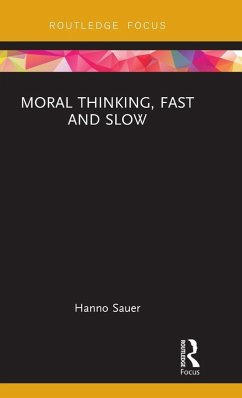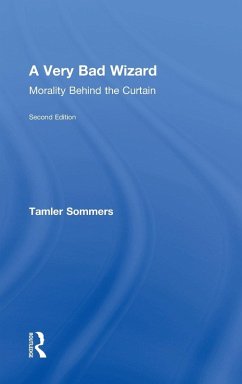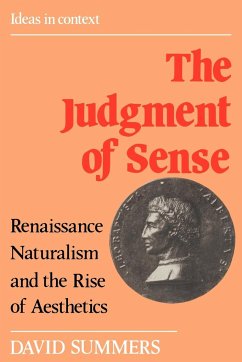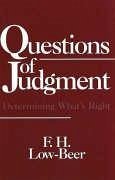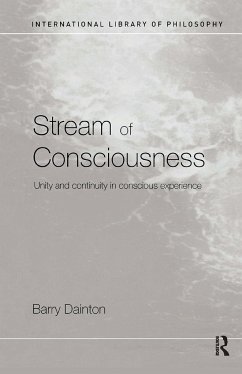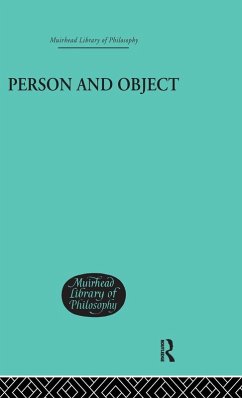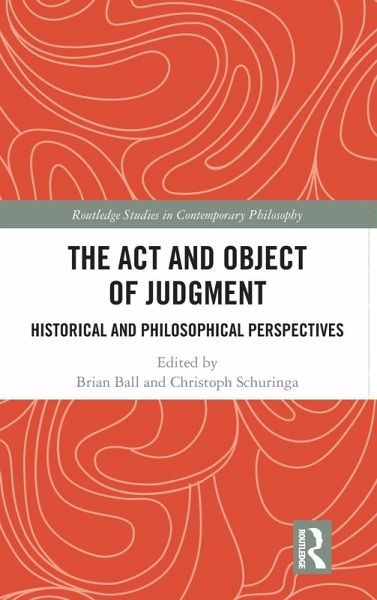
The Act and Object of Judgment
Historical and Philosophical Perspectives
Herausgeber: Ball, Brian; Schuringa, Christoph
Versandkostenfrei!
Versandfertig in 1-2 Wochen
167,99 €
inkl. MwSt.

PAYBACK Punkte
84 °P sammeln!
The issues explored in this book concern the act and object of judgment. What kind of act is judgment? How is it related to a range of other mental acts, states, and dispositions? How many objects are there of a given judgment? These and related questions are approached from a variety of historical and contemporary perspectives.





